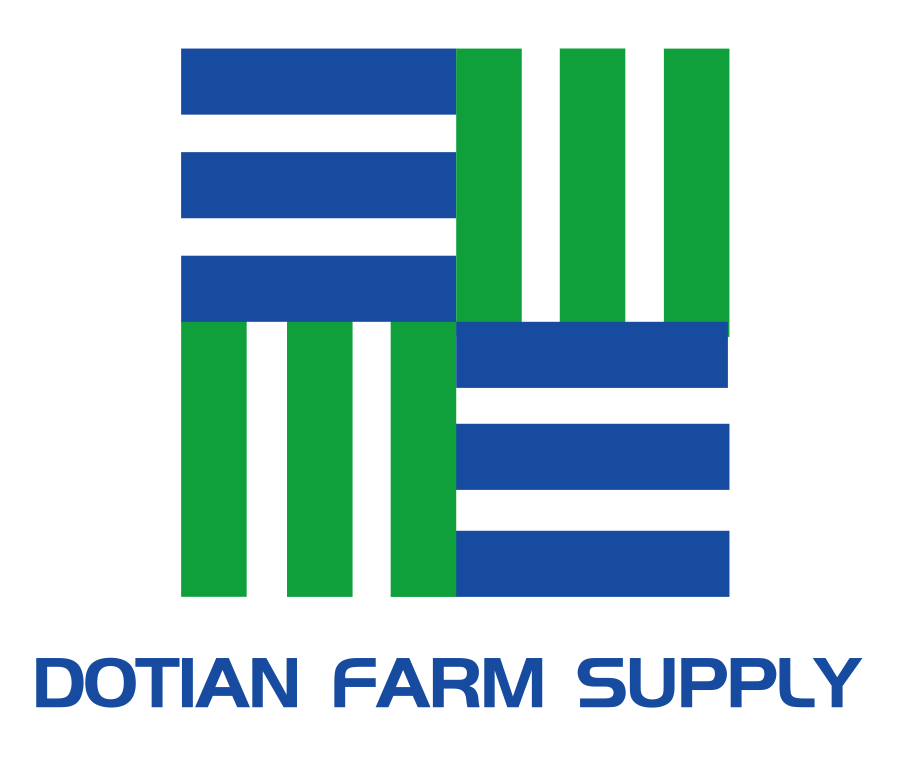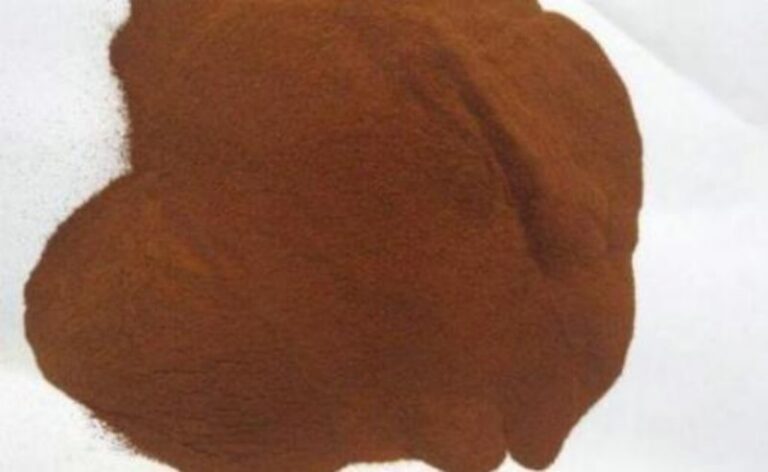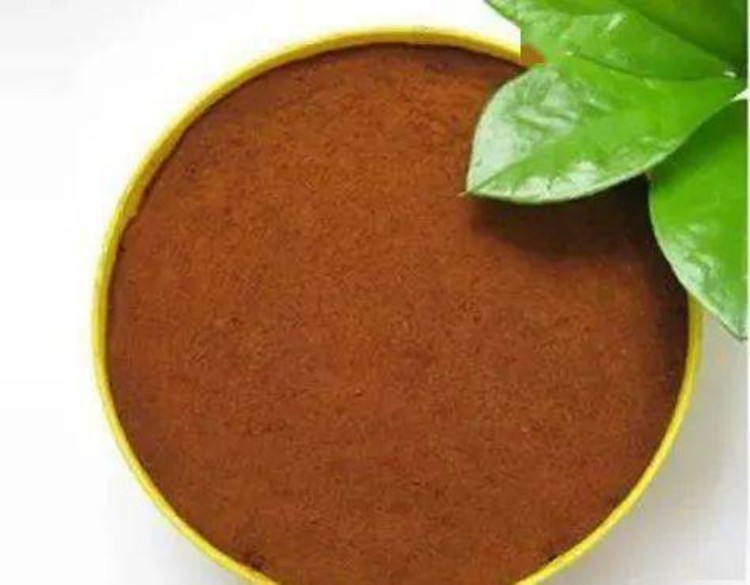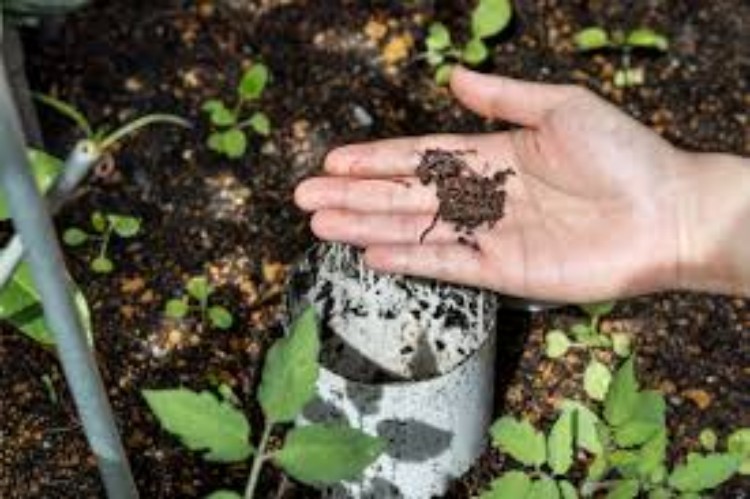The humic acid contained in potassium humate is a high molecular weight organic compound with a small molecular weight of humic acid. It contains a variety of active functional groups and can be dissolved in water, acid, alkali, ethanol, acetone, etc.
Due to the biological activity of potassium humate, it is very easy to be absorbed by plants. Potassium humate is widely used in agriculture. It can not only provide nutrients for cotton supply, but also regulate cotton’s physiological functions, enhance cotton’s stress resistance, and effectively inhibit the occurrence of cotton wilt.

Potassium humate uses in agriculture
- Stimulate the growth and development of cotton
During the growth of crops, physiological metabolism is inseparable from the activity of enzymes. The roots and leaves of cotton can absorb water-soluble humic acid molecules, enhance the absorption of crop roots and leaves, and promote the absorption of nutrients by crops. - Humic acid is a growth regulator for cotton, which can promote the early rooting and germination of cotton seeds, especially improving the emergence rate under low temperature conditions.
- The root system is elongated, and the developed root system has a larger contact area with the soil nutrients and enhanced absorption capacity. The aboveground part of the nutrient body enters the cotton development and growth, which is manifested as tall cotton plants, thick stems, and increased dry matter accumulation;
- It can promote the increase of cotton leaf respiration intensity, enhance photosynthesis, and show lush leaves and rich chlorophyll.
One of the pathogenic factors of cotton wilt is the lack of potassium fertilizer. Fulvic acid can reduce the soil’s absorption and fixation of potassium, promote the release of insoluble potassium, thereby improving the utilization rate of potassium fertilizer and increasing the quick-acting potassium.
Fulvic acid can chelate with insoluble trace elements in cotton fields to generate fulvic acid trace element chelates with good solubility and easy absorption by crops, which is beneficial to the absorption of cotton roots and improves cotton’s disease resistance.

Potassium humate uses in agriculture
5.Fulvic acid can improve cotton’s stress resistance.
Cotton is a multi-incidence crop, and improving cotton’s disease resistance is the key to preventing and controlling cotton wilt.
Applying fulvic acid compound fertilizer in cotton fields can improve cotton’s drought and waterlogging resistance, that is, it can save water and retain moisture under drought conditions. More water in waterlogged areas can improve air permeability and regulate soil moisture, making cotton drought and waterlogging resistant and increasing cotton’s cold resistance.
6.Fulvic acid has the effect of inhibiting pathogens.
During the growth of cotton, many favorable factors provide conditions for the survival and activity of cotton wilt pathogens, the ascomycetes, so that the bacteria invade cotton plants and harm cotton.






